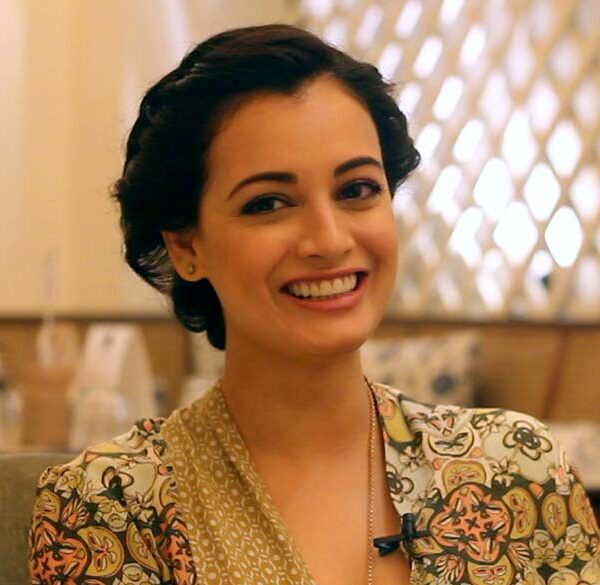Women have traditionally been taught that they should “be seen but not heard”. We are a society that places a high premium on silencing women, of consigning them to the margins and deleting them from history. The traditional invisibility of women’s distinct, individual voices is what Virginia Woolf referred to when she said, probably with a raised eyebrow and a half-grin, that “for most of history, Anonymous was a woman.”
So, when a woman sits at a table and pens down her autobiography, narrates her life and chooses to share it with the world, it is certainly a strong political statement that merits our applause.
On Women’s Day, we give you a list of five Indian women who chose to tell their riveting stories, on their own terms
Amar Jiban (My Life), Rassundari Debi

Touted as the first known autobiography written in India (1876), this story is made uncommon by its commonplace autobiographer. Born in a middle class Bengali family, married off at 12, widowed at 59 and a devout Vaishnavite all her life, Rassundari Debi narrated the tale of almost every woman in pre-Independence Calcutta, through the story of her life. Not only did she unwittingly usher in a Western genre – the autobiography- to Indian literature, she also articulated, for the first time, the inherent heroism in the banality of everyday life. The constant anxiety of a child bride, the chaos and confusion of widowhood, the normalisation of women’s secondary status of home and the quest for self-education are all narrativised in an unassuming, conversational manner. Read it for an insight into what Dinesh Chandra Sen called “not merely the account of Rassundari but a story of all Hindu women of her time.”
India Calling: the Memories of Cornelia Sorabjee, India’s First Woman Barrister

Known and remembered as India’s first female barrister, Cornelia Sorabjee lived a life that eludes simplistic labels. She did what no woman in her day and age could dream of – study Law in Europe. Known as a sympathiser of colonial rule and suspicious of Gandhian politics, Sorabjee was a path-breaker who wrote her autobiography with a conservative wit and an unapologetic insight. Get your hands on this one not only to marvel at the iconoclastic woman who wrote it, but also to know more about the “purdahnashin” Ranis of India’s yesteryear, for whose legal rights Sorabjee crusaded for.
My Story.. Our Story of Rebuilding Broken Lives. Flavia Agnes

Flavia Agnes is now famous as a firebrand lawyer, fighting cases for women battling domestic and other types of violences. Her autobiography, originally published as a pseudonym, details the abuses she fought in her own marriage and the gruelling path towards her financial independence and self-sufficiency. The narrative becomes explicit in places, but is completely devoid of victimhood, while humbly shying away from a self-congratulatory tone. This one should be on your bookshelf, for its description of real individualism and true Feminism.
Aidan (The Weave of my Life). Urmila Pawar

A strong Dalit feminist voice, this autobiography, originally published in Marathi serves as a social and political document of the atrocities faced by the Dalit community at large and by their women in particular. Like the act of weaving a basket, Pawar weaves a narrative of the challenges faced by her community and how her final relocation to Mumbai is a culmination of generations of struggle. Read this tumultuous tale for its explication of sexism in the Dalit literary circles, her strong self-aware voice, and the significant place of this narrative in the archive of the Ambedkarite movement.
Torn from the Roots. Kamla Patel

More a memoir than an autobiography, this book is unique for its description of the significant role several women played in re-building the nation soon after Partition. Kamla Patel recalls specifically, her role in the recovery and rehabilitation of abducted women in India and Pakistan, as a representative of Mridula Sarabhai. The tale is rife with emotion, commentary on gender, insights into the workings of power, and a deep sensitivity enhanced by hindsight. This memoir is a highly recommended read for its exposition on the notions of shame and honour associated with a woman’s body, defines a nation’s patriarchal selfhood.












